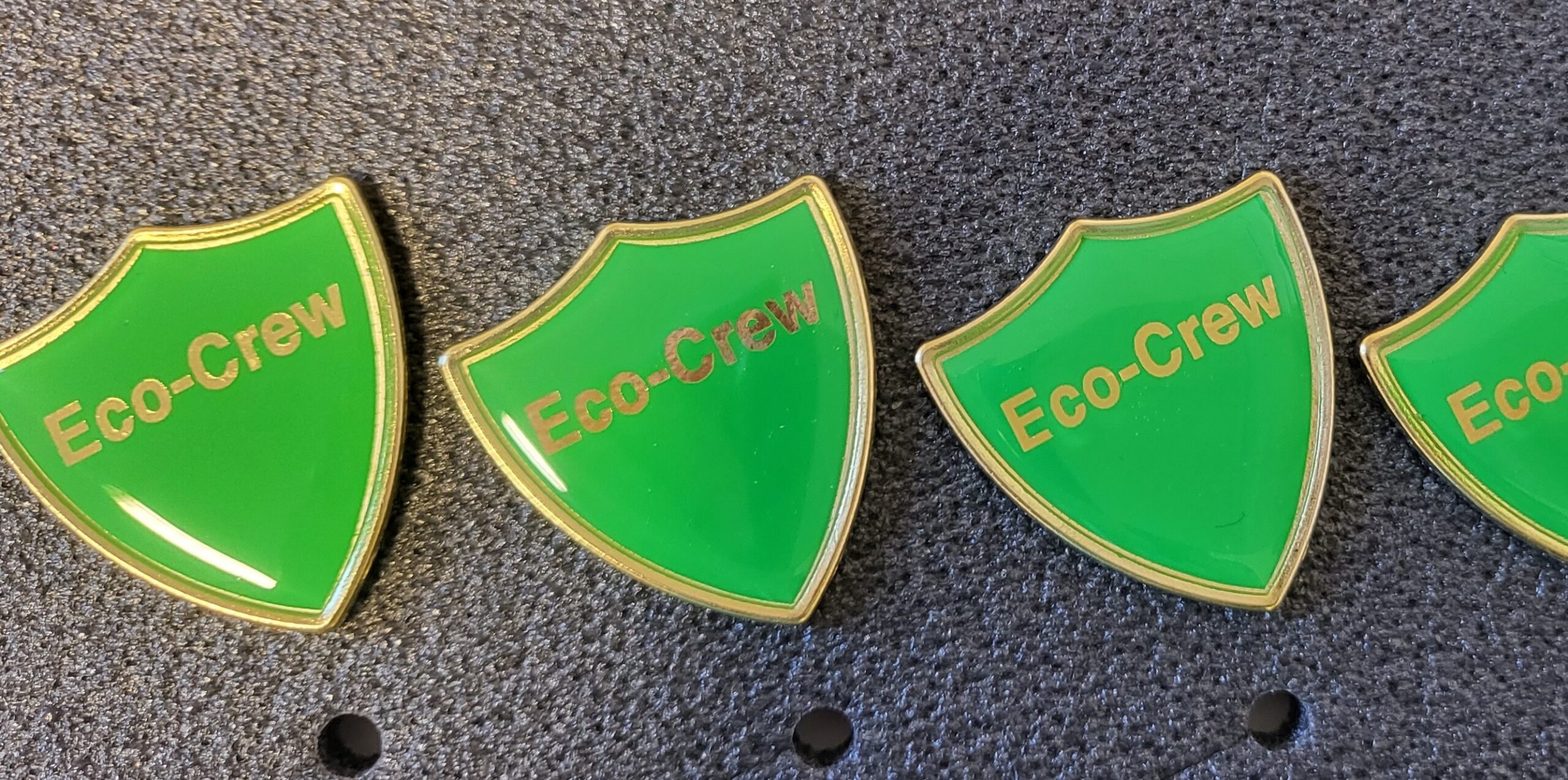The Sustainability in Education blog series is written by our Head of People and Operations, Claire Gilbert. In part one, we reported on the Department for Education’s climate change strategy, launched in April 2022. Part two took us into a school with award-winning eco-coordinator Edd Moore.
We started the school year by reflecting on the impactful journey pupils from Edd’s school have taken towards wider change. Claire took the lessons she learned from Edd to her local primary school, and two terms through the school year she reflects on the journey so far and the lessons learned.
Empowering children to look after our planet
The Children’s Commissioner found in The Big Ask in 2021 that “over 1 in 5 children (22%) chose ‘a healthy environment and planet’ as one of their top priorities for having a good life when they grow up”. Research has shown that the impact of climate anxiety on young people can be mitigated when they have their views heard and acted on by those in positions of power.
At my local primary school, St Swithun’s, the children are highly motivated to protect our planet. In July 2022, the school council achieved Eco-School status and was eager to do more. When our reception class put together their class charter in September 2022, these four- and five-year children decided that they wanted to look after their planet. As a local parent and governor who had recently been certified Carbon Literate, I volunteered to help them achieve more in 2022–23.

Finding out what the children want
We asked the KS2 children some questions about sustainability to help us understand what the school should do. The data gave us a clear direction and mandate. We asked some questions based on the government’s The Children’s People and Nature Survey 2021 to enable us to benchmark against national data.
Introducing the Eco-Crew
St Swithun’s created an Eco Crew for 2022–23 and invited applications from children in Years 4–6 (ages 8–11). There were 28 thoughtful and heartfelt applications; 10 children were appointed as the core crew with 18 eco-supporters.
Science subject lead and Year 5 teacher Mrs Patel was appointed to lead the crew. She empowered the children to take charge and show the Christian value of “courageous advocacy” in leading on this vital cause. The crew have already taken lots of action!
So far they have:
- set up regular litter patrols;
- wanted to be one of the first schools to stop sending Christmas cards to classmates and implemented the change;
- shared weekly eco-tips in assembly and sent them home to parents via the newsletter.
Image taken from: https://www.stswithunsprimary.org/Eco-School/, with permission
Where next?
The sustainability focus at St Swithun’s has got off to a flying start, and it is rewarding to see the children empowered to take action on climate change. Several pupil-led projects have been started or are about to get underway, including a twice-weekly gardening club and a focus on reducing plastic in school.
During Science Week, there was a focus on the UN’s Sustainable Development Goals. Children were able to get hands-on by designing gadgets linked to reducing food waste and exploring affordable and clean energy. The school has signed up to the StatWars Climate Challenge. StatWars allows children to calculate their own carbon footprint, then use this data to identify three changes they can personally make to help tackle climate change.
Why supporting sustainability initiatives is important to Oriel Square
Oriel Square is a value-driven company and is committed to making positive change. As signatories of the UN SDG Publishers’ Compact, we champion the development of sustainable practices and the UN Sustainable Development Goals. We agree with the aims of the Publishing Declares statement on sustainability and are committed to achieving Net Zero emissions as fast as possible. Read our sustainability policy here.

